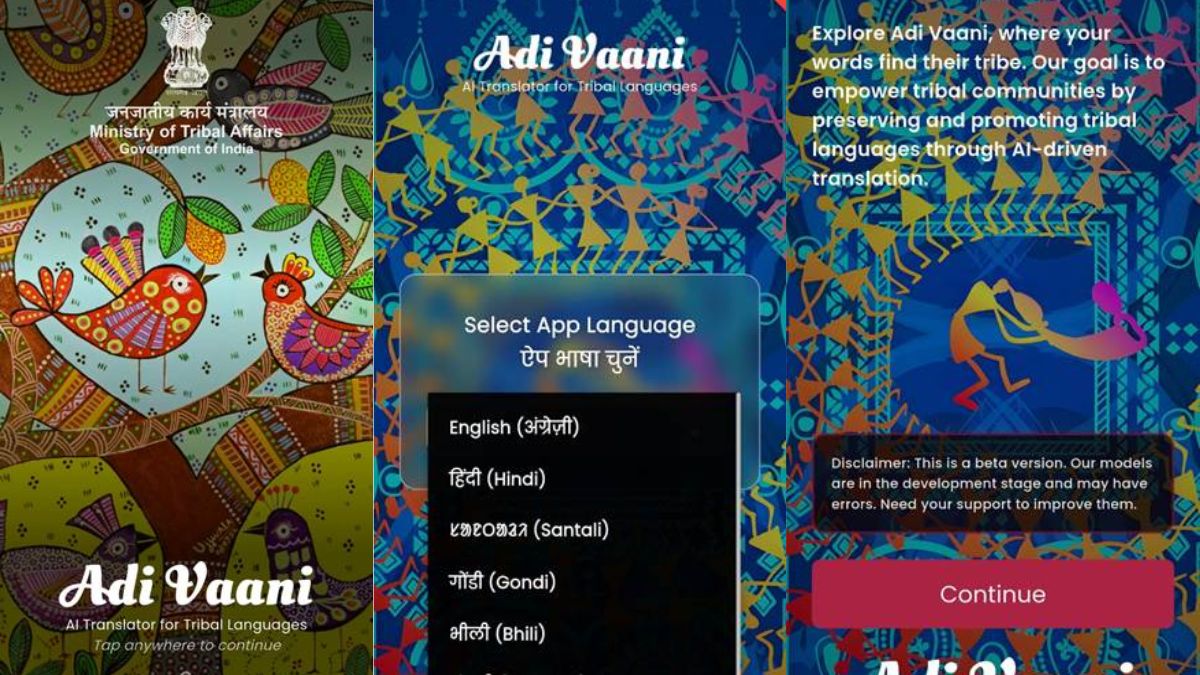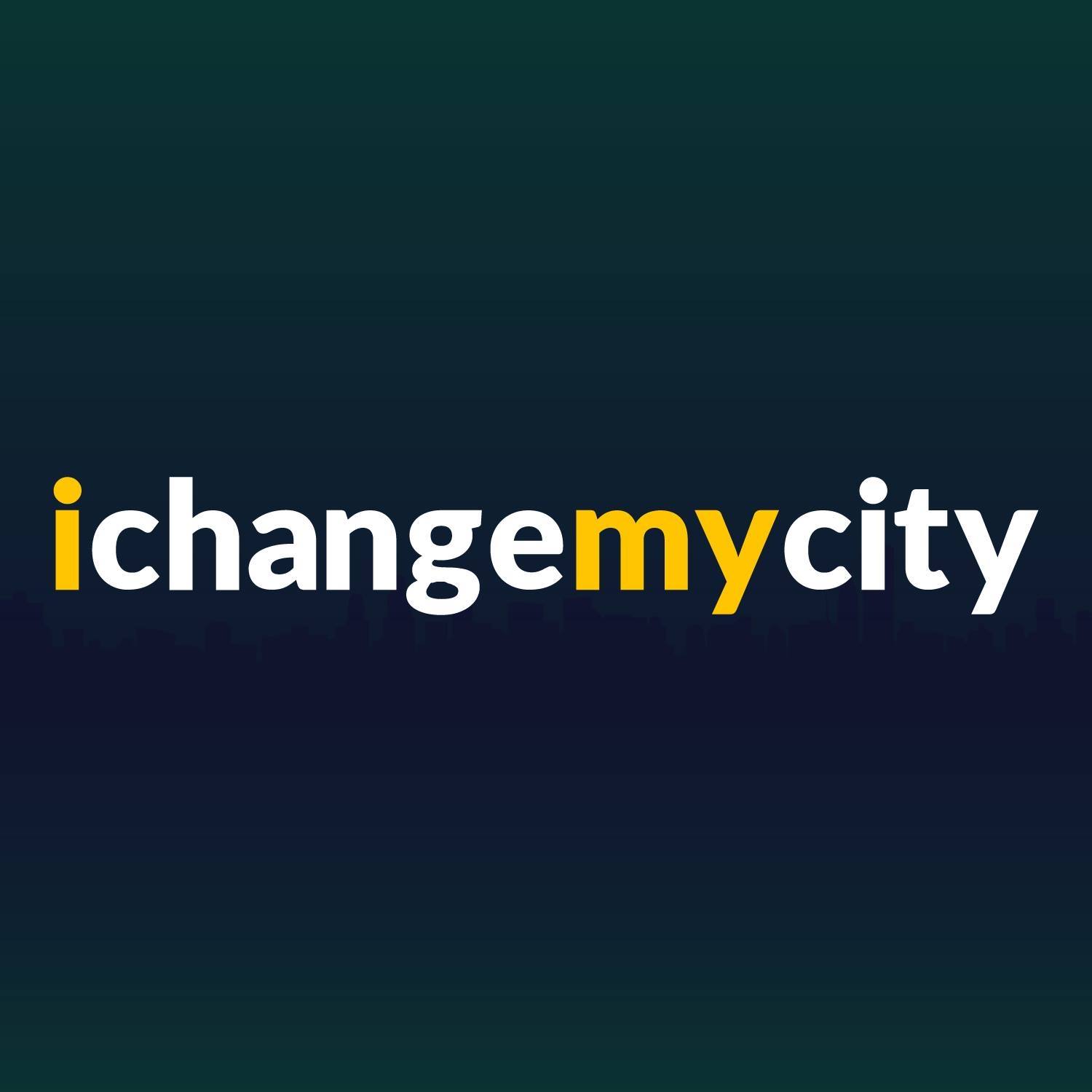Hyderabad’s municipal authority, the Greater Hyderabad Municipal Corporation (GHMC), has joined forces with Google to introduce an innovative Generative AI-powered civic technology suite.
This pilot program embraces emerging technologies like AI chatbots, blockchain-enabled credentials, traffic and waste monitoring systems, and smart parking solutions. Together, these tools aim to transform how city services are delivered—making them more responsive, transparent, and accessible to Hyderabad’s residents.
At the core of this pilot is the deployment of AI-driven citizen engagement tools. These include chatbots capable of addressing public inquiries across municipal services—whether it’s requesting certificates, lodging complaints, or locating public offices.
By simulating real-time human interaction, these automated systems help reduce public wait times, free up human staff for complex tasks, and provide 24/7 assistance. This marks a step forward in e-governance, as AI bridges the gap between citizens and civic administration.
Complementing citizen-facing tools are back-end process innovations. GHMC is exploring blockchain-based credentials—a secure, immutable way to store municipal records such as land titles, birth/death certificates, or trade permits.
With verifiability and fraud resistance baked into the design, both officials and residents can trust the integrity of records—an important advancement for urban administration where documentation disputes are common.
The pilot particularly emphasizes resource monitoring in city operations. AI systems are designed to track vital public infrastructure—waste bins, traffic lights, and environmental sensors—in real time.
For example, smart waste monitoring can detect fill levels and optimize collection routes, while traffic monitoring can reduce congestion by informing dynamic signal timing and alerting authorities during emergencies or events.
Meanwhile, smart parking solutions add another visible benefit. Drivers can use mobile apps or AI agents to locate available parking spots, reducing time spent circling for legal spaces and easing traffic—especially in commercial zones. By integrating parking data with citywide geographic information systems (GIS), GHMC can also better plan urban mobility and manage demand.
This GHMC-Google collaboration reflects a growing trend of tech giants partnering with municipalities to incubate civic tech innovation. While Google’s brand and experience accelerate deployment, GHMC brings local knowledge, governance frameworks, and citizen trust.
Such co-creation can address unique challenges—be it Hyderabad’s heritage area traffic or informal settlements with service access gaps—allowing solutions to be both scalable and context-sensitive.
Cities around the world have experimented with civic AI technologies, offering Hyderabad both inspiration and cautionary lessons. In Tallinn, Estonia, for instance, AI-powered chatbots handle a significant share of citizen queries through the country’s e-governance platform, enabling residents to access hundreds of services online without visiting government offices. Similarly, Helsinki, Finland uses AI to process building permit applications, cutting approval times from weeks to days while improving accuracy in compliance checks. These successes show how well-designed AI systems can free up administrative resources, speed up decision-making, and build citizen trust in digital governance.
In the Global South, Jakarta, Indonesia has deployed AI-based traffic and flood monitoring systems that integrate data from thousands of sensors and citizen reports, enabling faster response to emergencies in densely populated areas. São Paulo, Brazil has used AI for waste collection route optimization, reportedly saving millions in operational costs while reducing emissions. Such examples underline that while AI can deliver measurable benefits in urban management, sustained success depends on strong governance, data privacy protections, and citizen buy-in—factors Hyderabad will need to balance as it scales the GHMC-Google Civic AI suite.
- Press release







